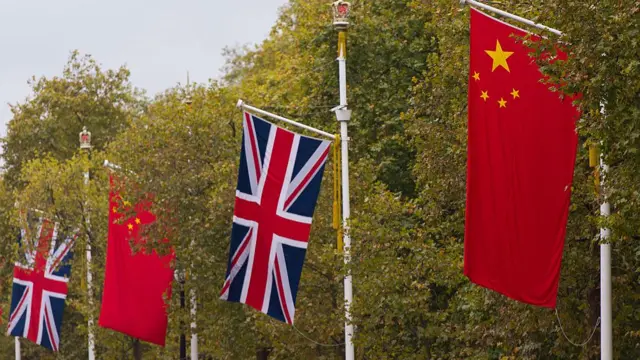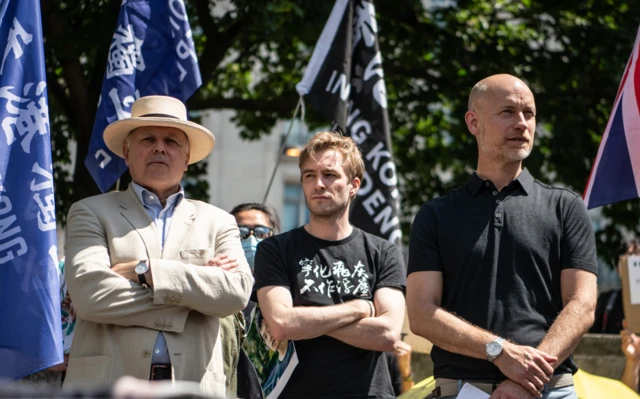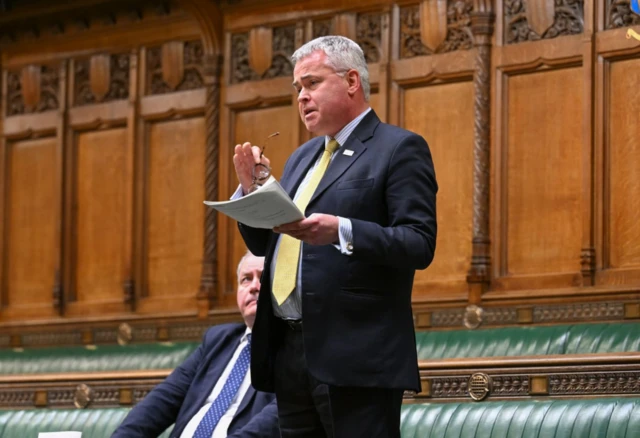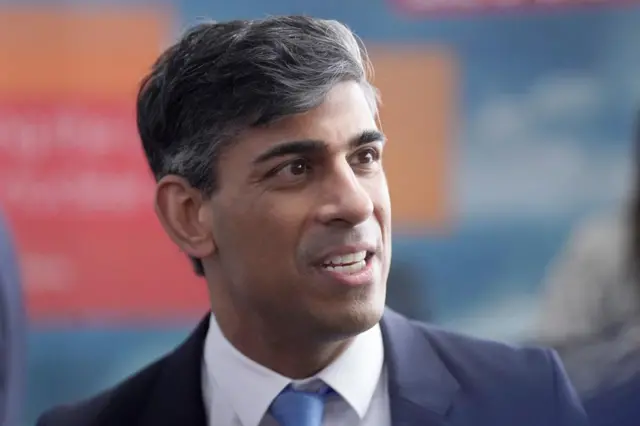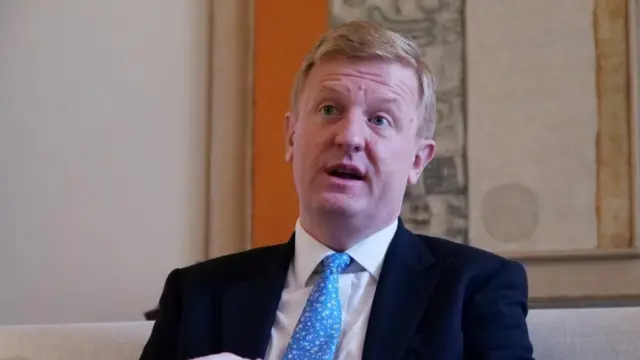
Spying – ‘the second oldest profession’published at 13:44 GMT 25 March 2024
 Frank Gardner
Frank Gardner
BBC News, Security Correspondent
Spying – or ‘espionage’ to give it its proper title – has been around for centuries.
It has often been called ‘the second oldest profession’ after prostitution, since both get a mention in the Old Testament.
It was rife in Elizabethan times and it is rife today but different countries do it in different ways.
The US has a vast capability in electronic eavesdropping, run largely, but not exclusively, by its National Security Agency (NSA).
Its ability to intercept terrorist communications has stopped numerous plots.
The UK also invests heavily in so-called ‘Signals Intelligence’ (SIGINT) but its Secret Intelligence Service, better known as MI6, specialises in Human Intelligence (HUMINT), ie. recruiting agents or informants inside hostile countries or organisations like ISIS.
Russia’s spies have had a somewhat clumsy record recently, notably their disastrous miscalculation that their invasion of Ukraine would succeed within days.
China, for its part, takes espionage to an industrial level. In its drive to become the foremost economic power in the world it has literally armies of operatives working in both cyberspace and the physical world, scooping up every possible bit of data and detail they can.
This can be as trivial as the personal details of MPs to the blueprints for aerospace parts.
The Chief of MI6 recently revealed that China was their top priority, while the boss of MI5, the Security Service, said more than 20,000 people in the UK had been covertly approached online by Chinese spies.

